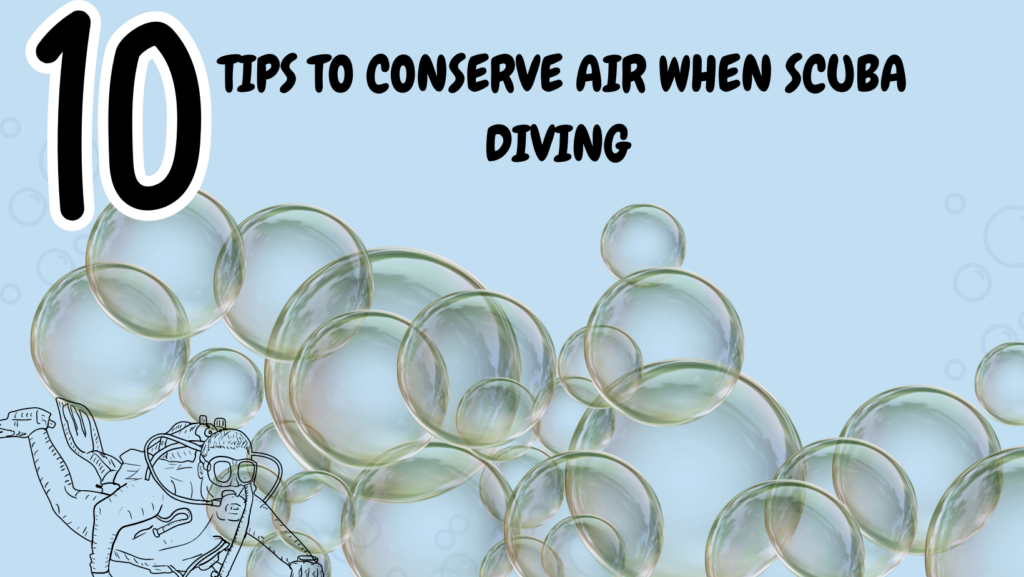No one wants to be the diver that cuts the dive short for the group, and for that reason, the most common question is, ‘’How can I conserve air when scuba diving?’’
But the most common answer I hear is ‘’practice, practice, practice,’’ but for those that dive once a year this option is not always available.
So, here are 10 tips that will actually help you to conserve your air when scuba diving:
1. SWIM SLOWLY
Especially with those starting scuba diving, those that need a bit more practice on their buoyancy, or divers that are carrying too much weight, you will see divers swimming very quickly. Divers believe that if they constantly swim, they won’t need to stop and consequently won’t sink to the bottom.
But swimming quickly is the same as sprinting underwater and swimming twice as fast requires four times as much energy. The more energy you use the more air you will need.
So you need to swim slowly to conserve air when scuba diving.
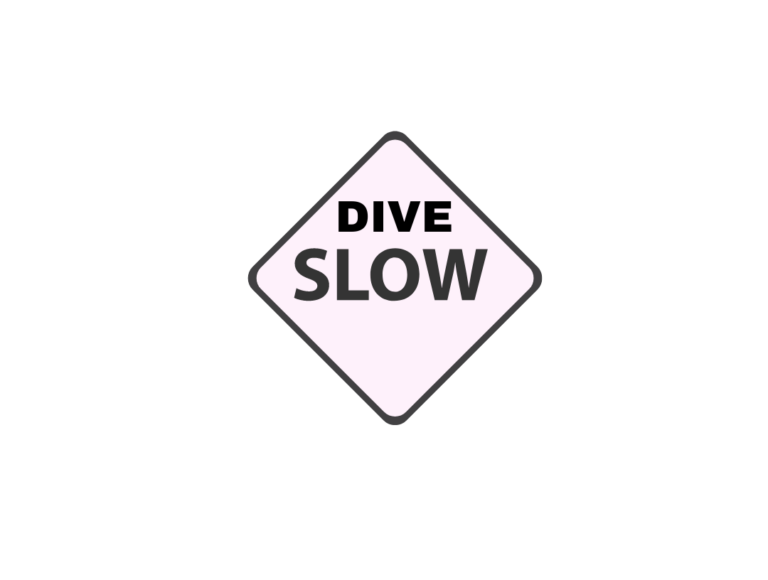
2. NO CAMERA
If you struggle with your air consumption, avoid taking a camera. A camera distracts you underwater and I often see divers racing after marine life to make sure they get it on camera! Divers become more focused on recording the dive than the actual dive itself and this is particularly common among newer divers.
If you want some memories try to take only photos on the surface or ask your dive guide if they would be happy to take some photos for you. But if you aren’t confident with your air consumption, avoid the camera to conserve air when scuba diving.
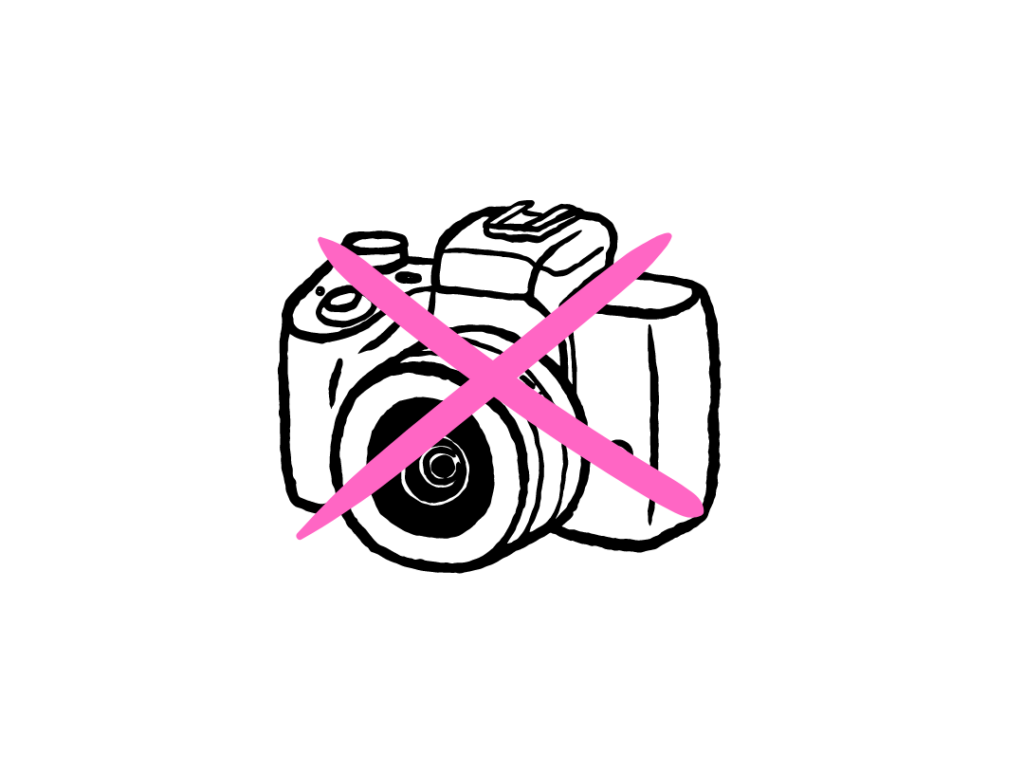
3. EXCERCISE
Scuba diving is a physical sport and you need to maintain a good level of fitness. Improving your cardio will ensure you are equipped to deal with any current or long surface swims. You often see divers out of breath before they have even descended. Being out of breath dramatically increases the amount of air needed.
To conserve air when scuba diving you should:
-Avoid drinking alcohol (especially the night before the dive!)
-Go running to improve your cardiovascular health and increase your endurance
-Stop smoking

4. USE A SNORKEL
Avoid wasting unnecessary air on the surface by making use of that snorkel! Snorkels are a great way to complete a surface swim, and will allow you to breathe comfortably on the surface without wasting that precious air.
If, like me, you aren’t a huge fan of the snorkel and find it interferes with your mask, I recommend investing in a smaller snorkel that can be easily detached and stored in your BCD.
This pocket snorkel from Oceanic is a fantastic snorkel that allows you to use the snorkel when you need and then safely store it away afterwards. It folds in half so won’t create extra drag when stored in your BCD pocket.

5.BE STREAMLINE
In order to conserve your air consumption you should spend time to make sure your equipment is nice and trim to avoid resistance and drag when underwater.
To be streamlined when scuba diving you should:
-Make sure you swim horizontally with your arms close to your body. Do not swim using your arms, arm movement is a waste of your energy and is ineffective underwater.
-All air gauges and other gear should be neatly tucked away to create less drag.
-Do not take any unnecessary diving equipment.
– If you are diving in an area that does require a lot of additional equipment, look into a wetsuit with pockets that will allow you to easily store your gear close to your body and with easy access.
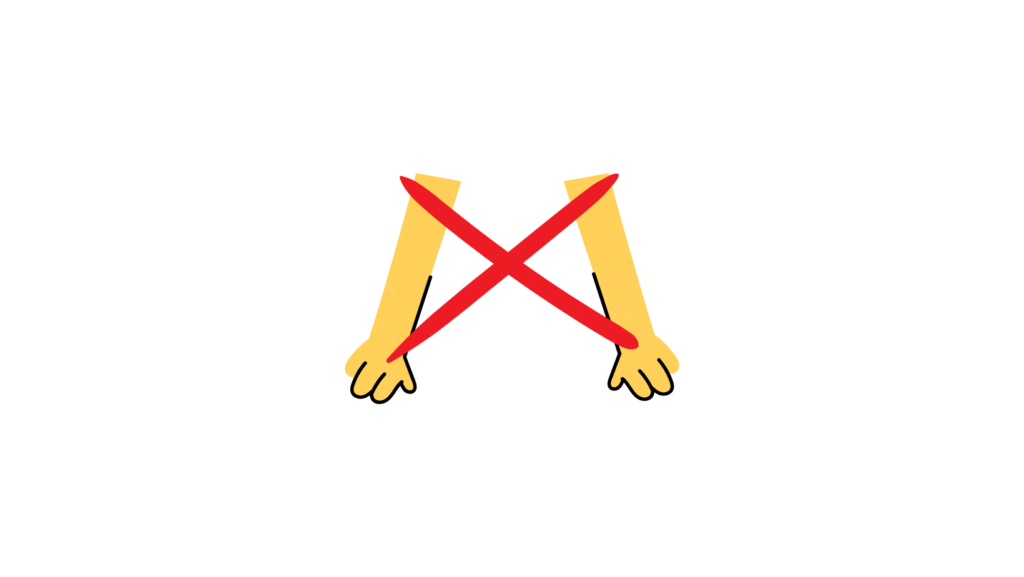
6. KEEP WARM
If you are cold, your body needs to increase its metabolism with a process called Thermogenesis. This is the conversion of chemical energy in heat energy. The colder you are the more air you will use.
Make sure to wear the correct exposure suit for the climate you are diving in. If, like me, you feel the cold particularly easily, make use of a hood or a rash vest to keep yourself extra toasty!
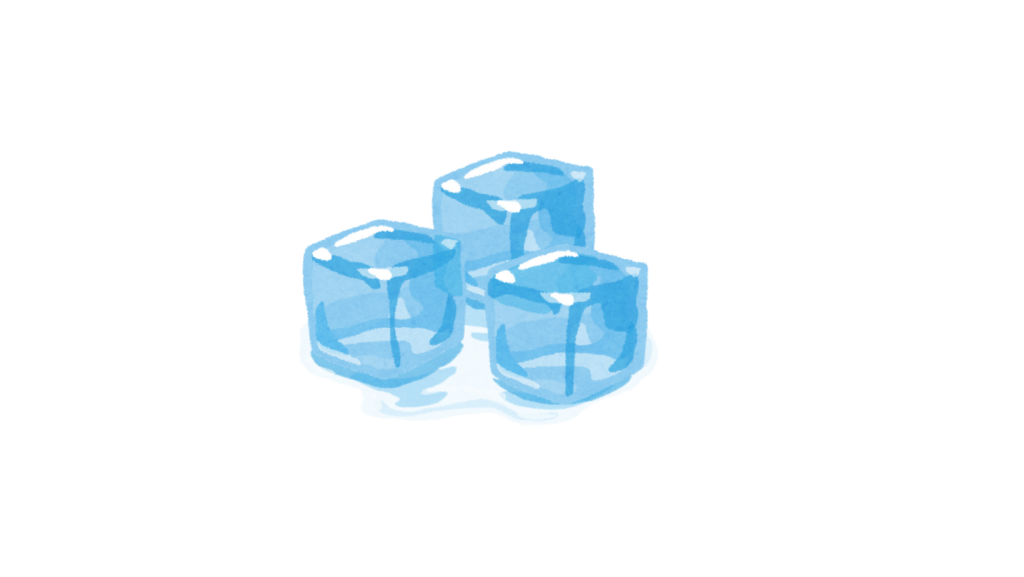
7. BUOYANCY CONTROL
Buoyancy control is particularly important to conserve your air consumption.
- If you are carrying too much weight and dragging along the bottom you will be over exerted and constantly adding additional air to your BCD.
- If you are not carrying enough weight you will be constantly fighting to descend and stay underwater.
Both of these outcomes will dramatically increase the amount of air you will be using throughout the dive, can be very stressful and can be very unsafe.
To conserve your air you want to make sure you are neutrally buoyant. To help ensure neutral buoyancy I recommend:
-Conducting a weight check before the dive to see if you are correctly weighted.
-Take part in a Peak Performance buoyancy course at your local dive school.
-Always record the amount of weight needed at each dive location in your logbook. This will allow you to correctly calculate the weight needed when diving in a new environment.
-Invest in your own equipment. By diving in the same equipment each time it will allow you to get used to the equipment, the positioning of the inflator and deflator and will allow you to choose an integrated weight system so the weights are always even.
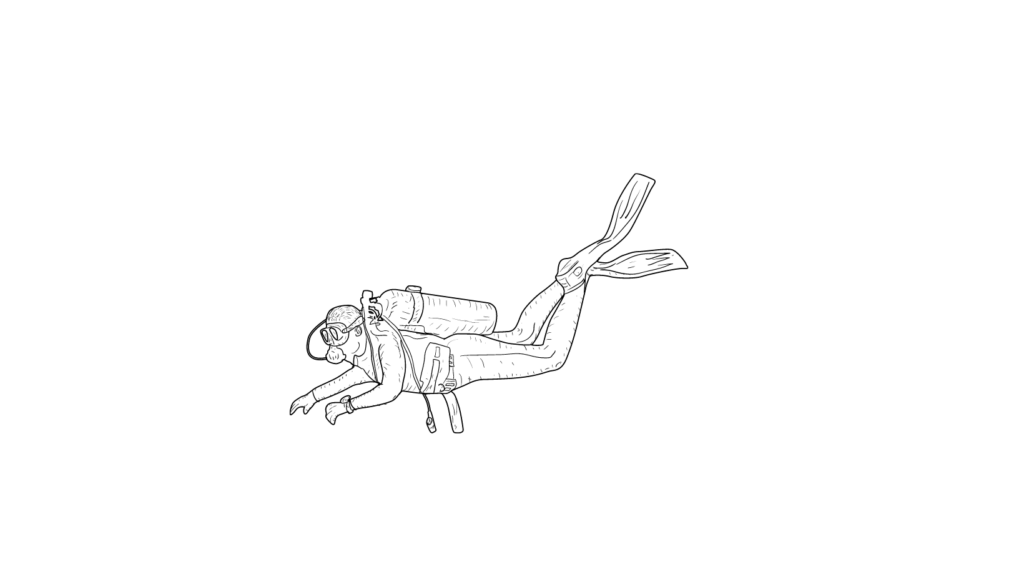
8. REDUCE LEAKS
Check your equipment before entering the water to make sure the equipment is in good condition and there is no air escaping from any connection points.
I always check the equipment when I have assembled it on the ground and then of course a second final check with the buddy checks.
Check the:
-O rings
-Regulator
-SPG
-And inflator hose for any pesky bubbles!
An extra tip is to always make sure your regulator is facing downwards (mouthpiece in water first) when you are not using it and you are on the surface or removing it underwater. If it is the other way (mouthpiece pointing up) the regulator will free flow and waste a lot of air.
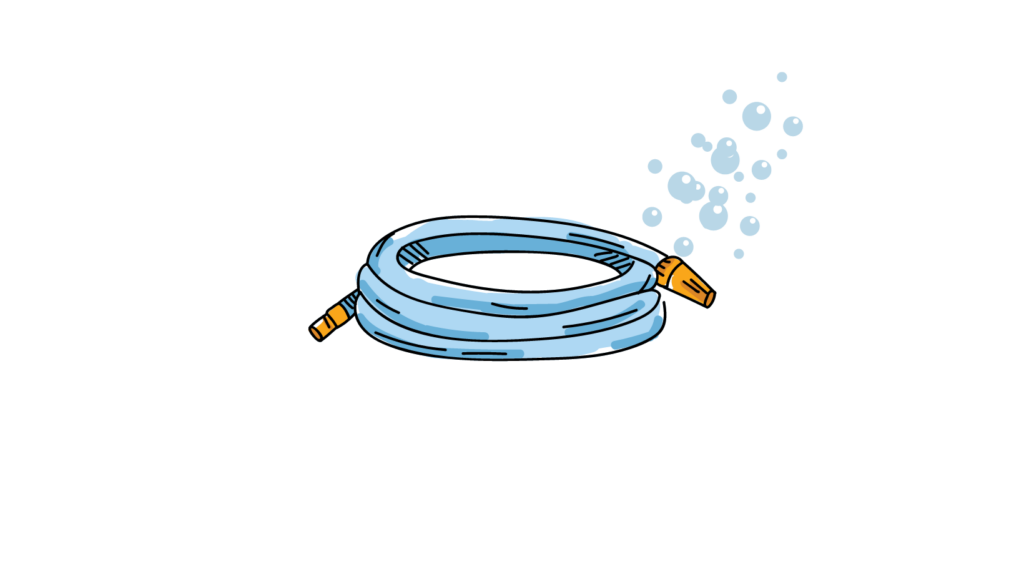
9. DON'T BE AFRAID TO ASK FOR A BIGGER CYLINDER
Unfortunately not many divers are aware that there are different sizes of scuba cylinders available. If you know you consume more air when scuba diving, ask your dive school for a 15 litre cylinder. This will give you extra air when diving.
Don’t be afraid to ask and tell your scuba diving instructor your concerns. We are happy to know in advance that you need a little extra air and we are happy to accommodate to make sure the group has a longer dive.

10. FINS
Fins are what we use to propel us underwater. If you are using a pair of fins that are flimsy or even worse broken you are going to need to kick harder and more often which will increase your air consumption.
Spend the time researching fins to find a pair that you are comfortable with and will help you to move efficiently underwater. There are many pairs on the market which are suited for different types of diving (Free diving, Cave diving, Recreational diving and snorkelling) and all fins are different weights.
I use the CRESSI Reaction EBS fins. They are a solid hard fin that really allows me to propel myself far with very little effort. They are lightweight so easy to carry and bungee straps which make you look like a pro when putting them on.

So here you have it, ten top tips that will help you to conserve air when scuba diving. The important thing is that we are all different and certain physiological factors mean that naturally certain divers will use more air when scuba diving than others. But do not stress, the more stressed you become the more air you will use. Instead relax, enjoy and utilise these ten top tips to gain control of your air consumption!

